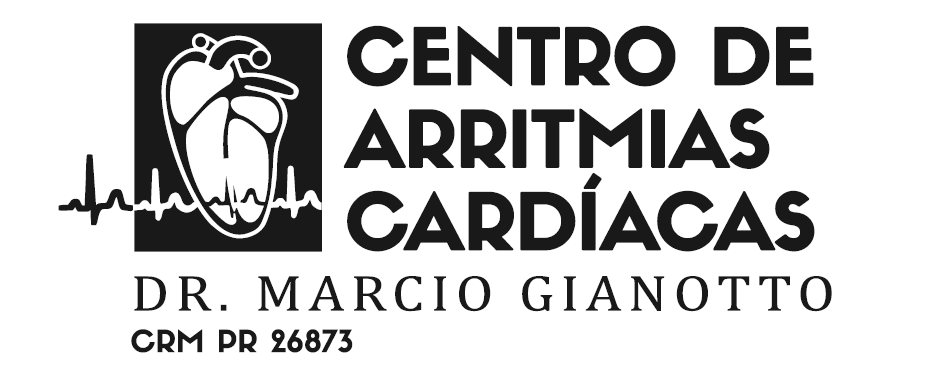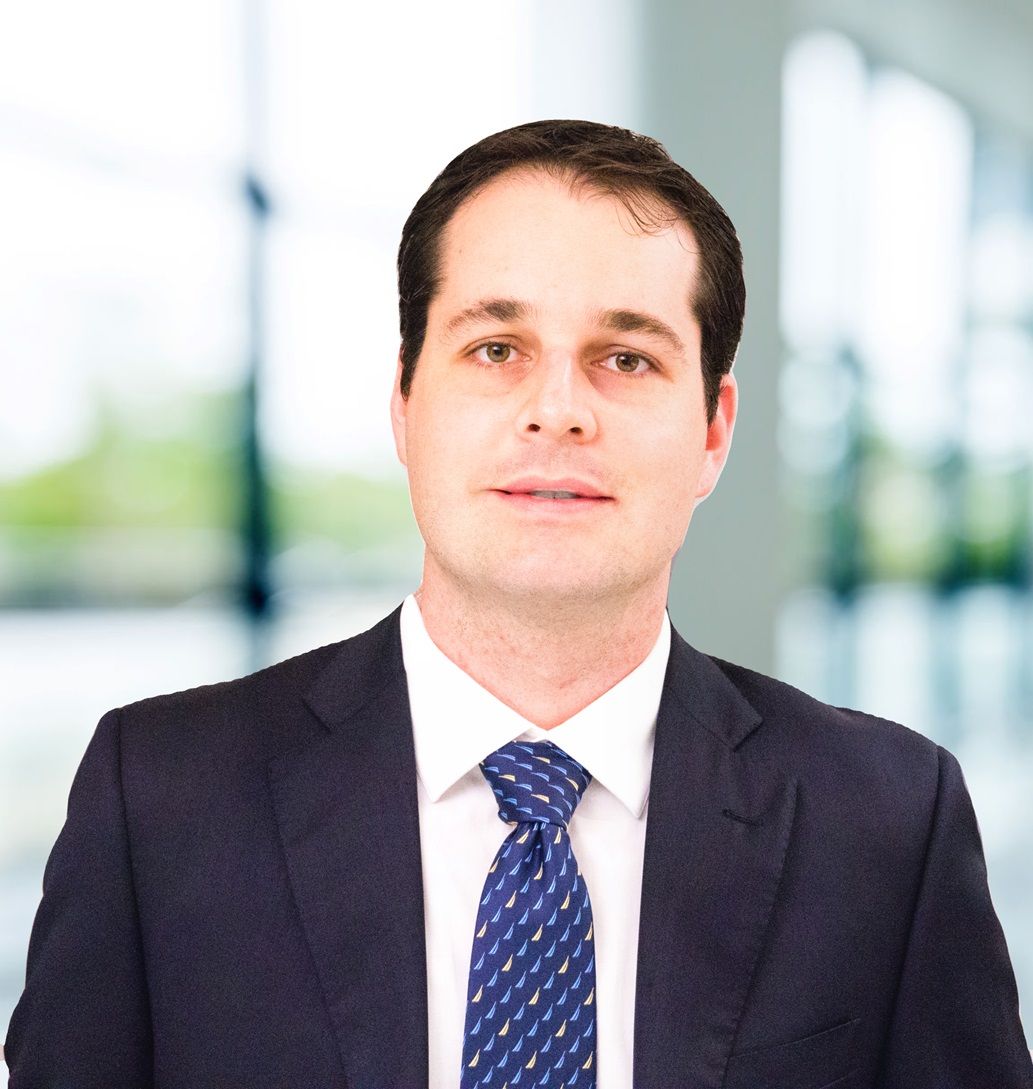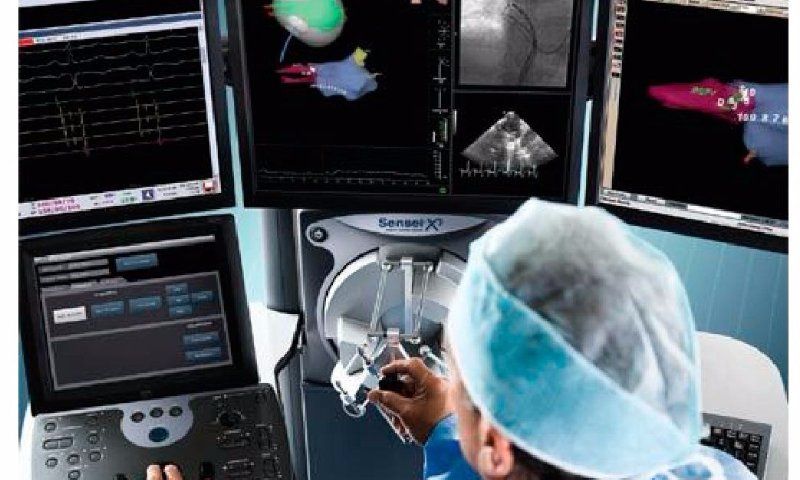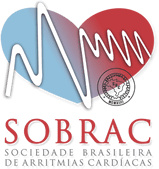CRMPR 26873 EQR's: 18399, 811 and 19314.:
Cardiology
Clinical Arrhythmia
Electrophysiology
Do you live far away and would like a medical opinion?
Participate in our second medical opinion program.
It's simple, fast and safe.
What is TPSV?
TPSV (Paroxysmal Supraventricular Tachycardia) is a group of cardiac arrhythmias that have a common characteristic: rapid heartbeats. These arrhythmias have a sudden onset and end, and the heart may beat at a speed of more than 200 beats per minute during the episode.
TPSV can cause a range of uncomfortable symptoms, including heart palpitations, shortness of breath, excessive sweating, dizziness, fatigue, chest pain and even fainting. These episodes can last just a few seconds or even hours, and TPSV can affect people of all ages, from children to the elderly.
When suffering from TPSV symptoms, it is important to see a doctor to assess the condition and recommend the most appropriate treatment. With the right treatment, it is possible to alleviate symptoms and prevent serious complications.
What are the main mechanisms of TPSV?
There are three main mechanisms of TPSV: Nodal Reentry Tachycardia (NRT), Atrioventricular Reentry Tachycardia (AVRT) and Atrial Tachycardia. Each of these mechanisms is distinct and occurs due to different conditions or factors, such as abnormalities in the heart's electrical system, previous heart disease, stress, among others.
Nodal Reentry Tachycardia (NRT) is one of the most common forms of TPSV, and occurs when the electrical wave is redirected back to the atrioventricular node through an additional pathway from the AV node itself.
Atrioventricular Reentry Tachycardia (AVRT) is a less common form of TPSV and is caused by an abnormality in the heart's electrical system (presence of additional electrical communication between the atria and ventricles, called the accessory pathway), which leads to reentry. of electrical impulses between the atria and ventricles.
Atrial Tachycardia is the simplest form of TPSV, and occurs when there is abnormal electrical activity in the atrium, leading to accelerated heartbeats.
In all cases, it is important that a doctor is consulted to determine the type of TPSV and the best treatment for the patient, as in many cases, radiofrequency ablation can be an effective and safe option to permanently treat TPSV. .
Is there definitive treatment for TPSV?
Radiofrequency ablation is a definitive treatment option for TPSV, with low risks and high success rates. During the procedure, a catheter is inserted into the heart through a vein and used to identify and destroy the abnormal cells that are causing the arrhythmia. Radiofrequency ablation is a minimally invasive procedure and often offers a safe and effective alternative to medication or surgery.
In Maringá, Dr. Marcio Gianotto is a cardiologist, arrhythmologist and electrophysiologist who performs ablation procedures to treat TPSV. With more than 1,000 procedures performed in the city, Dr. Gianotto is considered one of the most experienced professionals in the region in the area of radiofrequency ablation.
If you are suffering from symptoms of TPSV, radiofrequency ablation may be an effective and safe solution for you. Don't hesitate to reach out to Dr. Marcio Gianotto for more information about this revolutionary procedure and how it can help you get rid of TPSV symptoms for good.
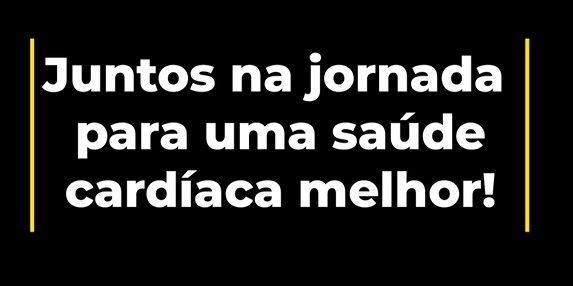
Do you know what Vasovagal Syncope or Fainting is?
Have you ever heard of arrhythmia ablation?
Ablation for Atrial Fibrillation and Other Complex Arrhythmias.
Complex ablations for the treatment of arrhythmias such as Atrial Fibrillation and cicatricial Ventricular Tachycardia are being carried out in Maringá with the help of new equipment, previously only available in large medical centers in São Paulo and other capitals.
Click for information
Doctor Qualified by SOBRAC.




